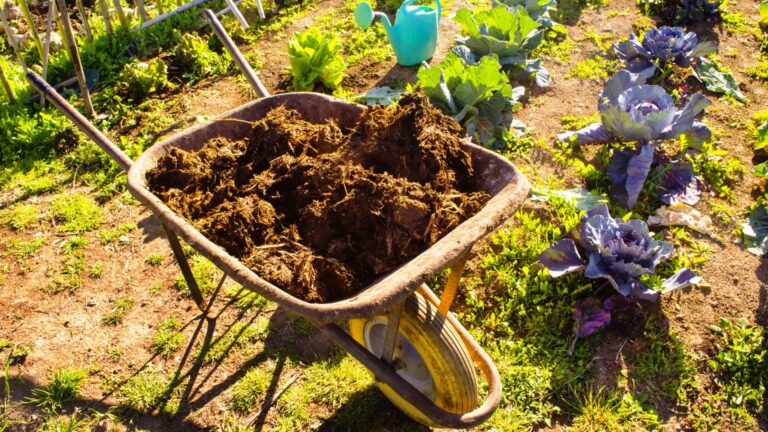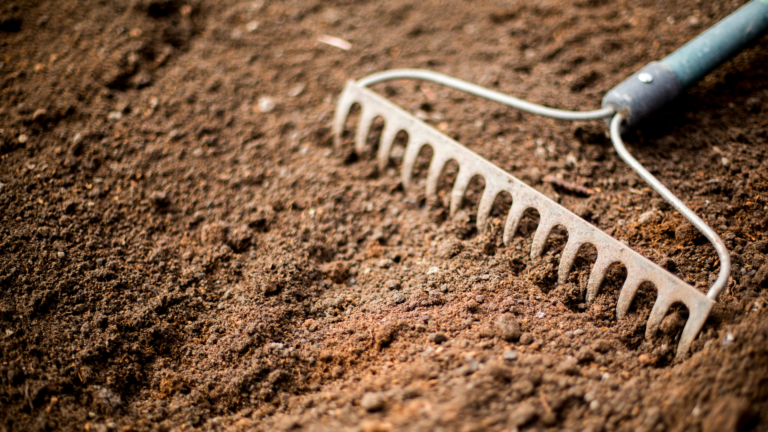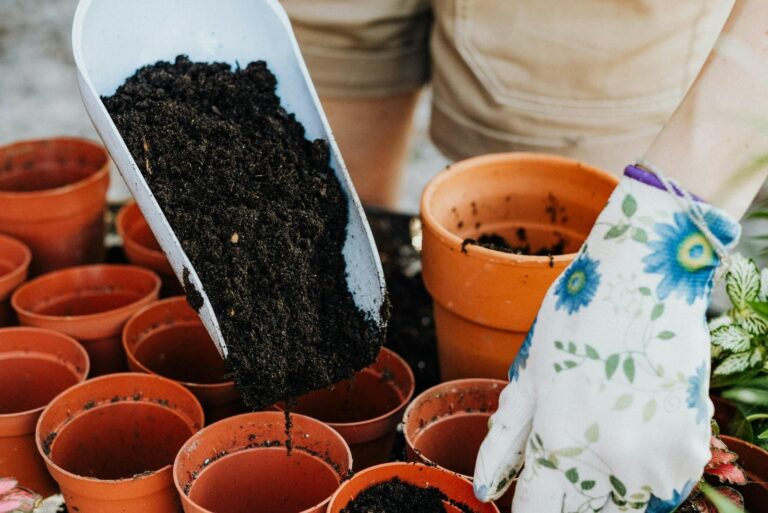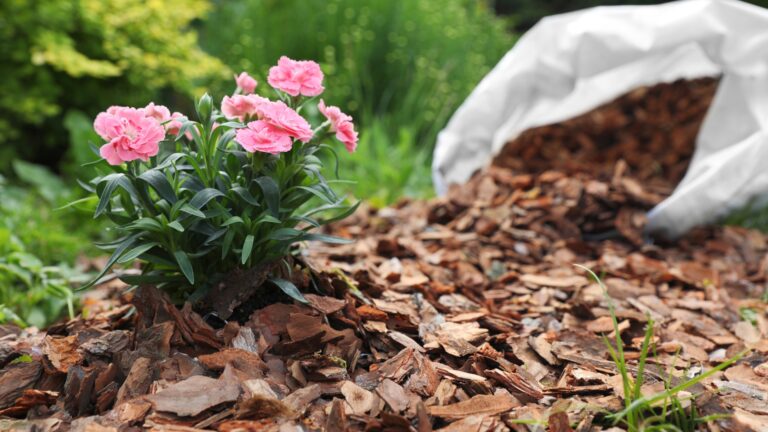Composting In Small Spaces Without Odor In Illinois
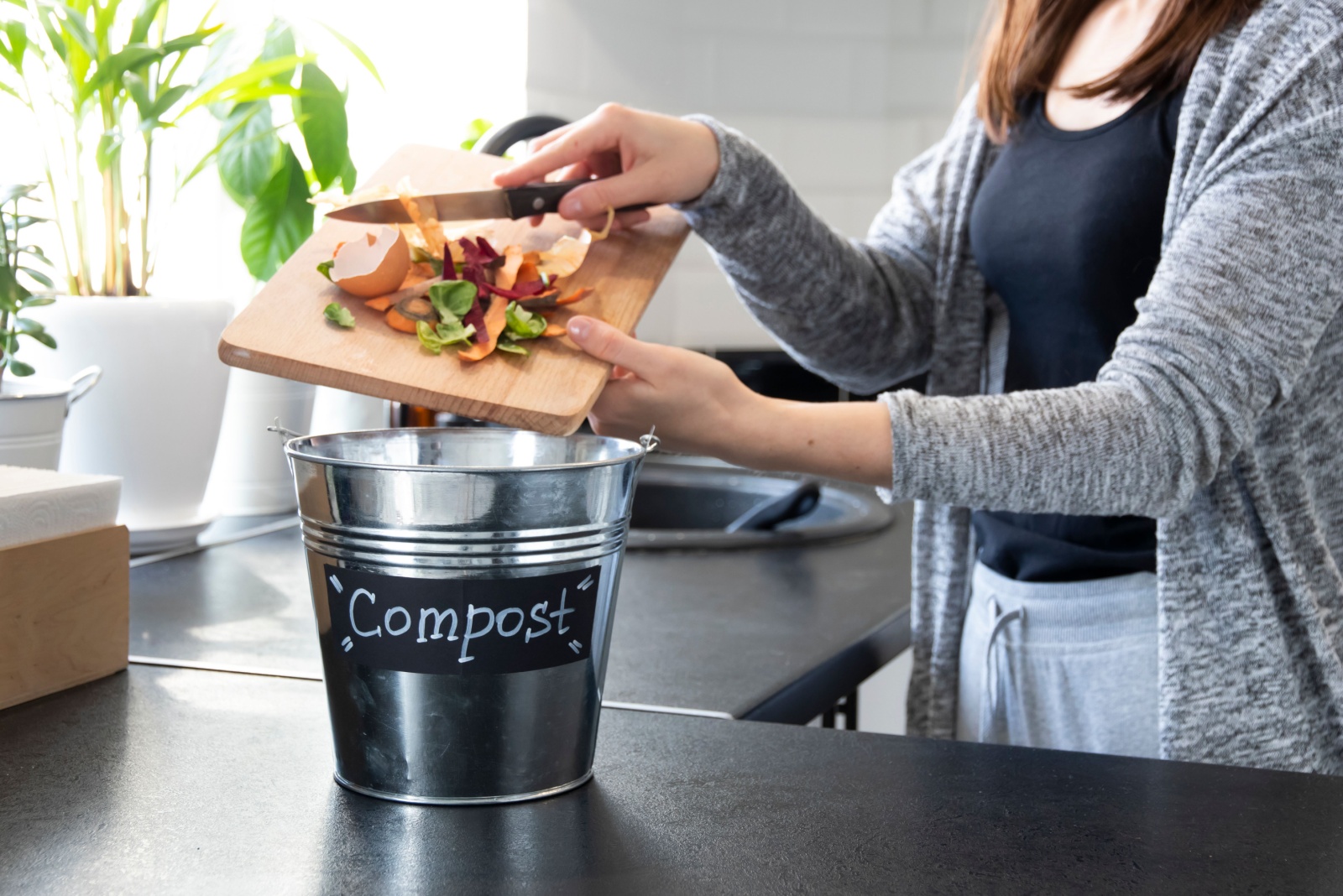
Composting in small Illinois spaces doesn’t have to mean dealing with bad smells. With the right setup, you can turn food scraps into rich soil quietly and cleanly. Even apartment dwellers can make it work.
Start with a sealed bin designed for indoor composting—look for charcoal filters or tight lids. Add browns like shredded paper to balance out food waste. This keeps moisture and odor in check.
Vermicomposting is another great option if you’ve got a cool corner or cabinet. Worms break down scraps fast, and they don’t smell when managed properly. It’s surprisingly low-maintenance and fun to watch.
1. Choose Sealed Bins Designed For Indoor Use
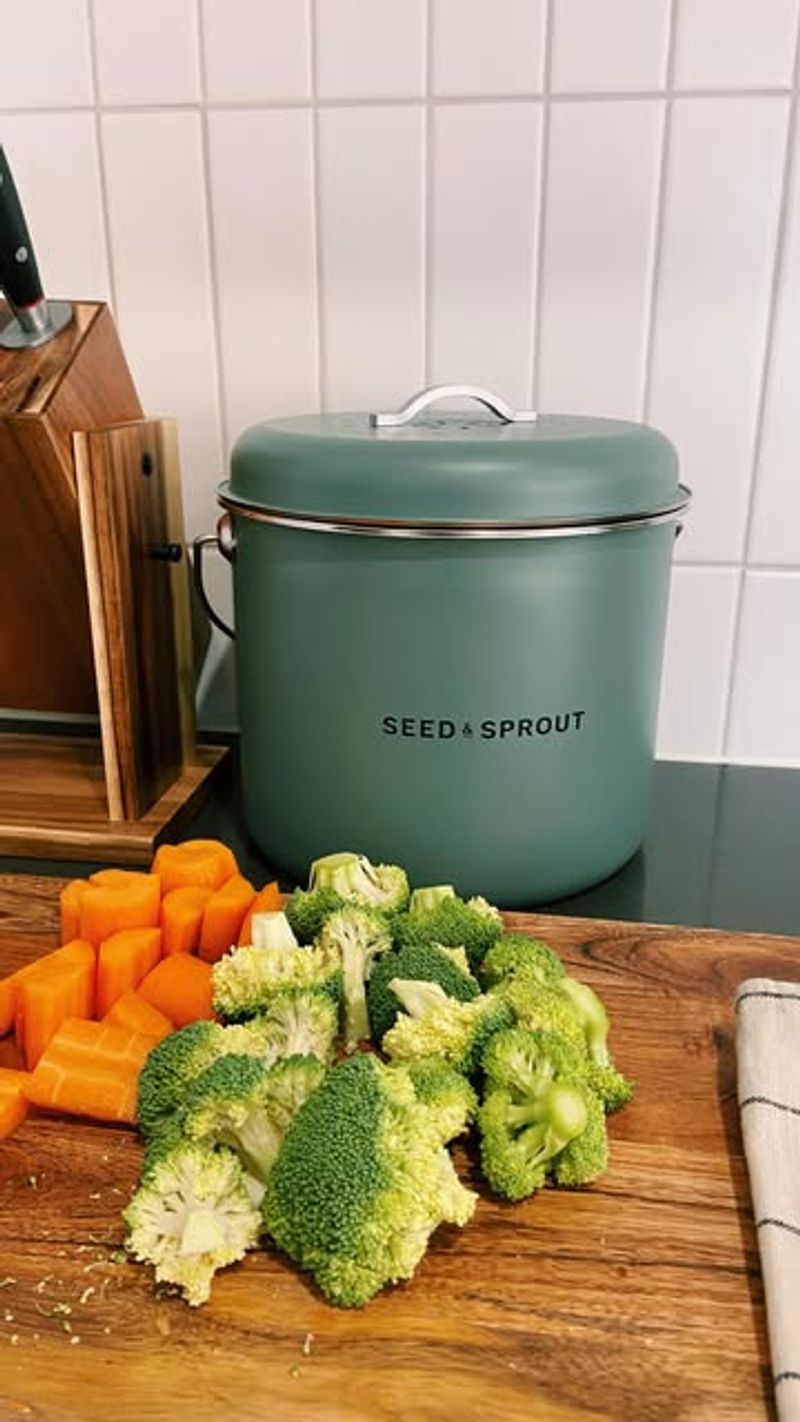
Finding the right container makes all the difference when composting in tight quarters. Look for bins with secure, airtight lids and charcoal filters that trap odors before they escape into your Illinois apartment or condo.
Many Illinois gardeners have success with stackable systems that separate finished compost from fresh materials. These specialized bins typically cost between $30-100 but pay for themselves quickly in reduced waste and free fertilizer.
During winter months when stepping outside feels impossible, these sealed systems allow you to continue composting despite the snow piling up outside your Chicago high-rise or Springfield townhome.
2. Balance Your Browns And Greens Meticulously
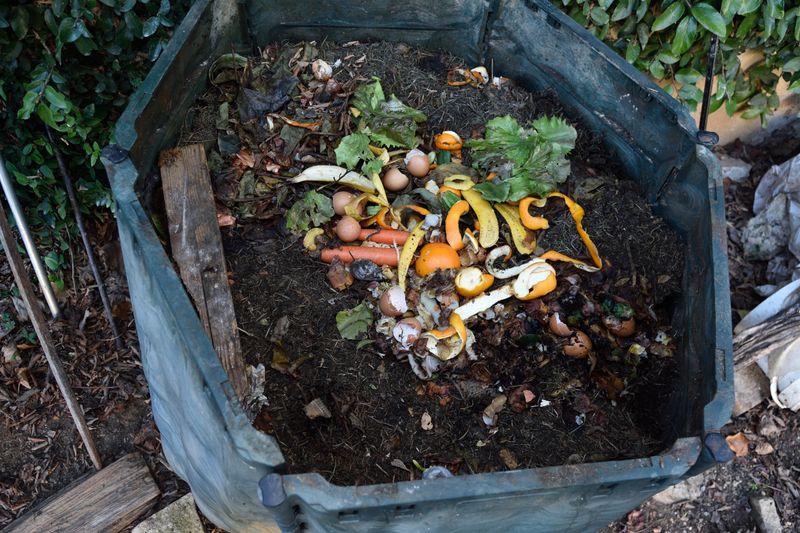
The secret sauce to odorless composting is maintaining the right ratio of carbon-rich materials (browns) to nitrogen-rich materials (greens). For every handful of food scraps, add 2 handfuls of fallen leaves, which are plentiful in Illinois autumn months.
I’ve found that keeping a separate container of shredded newspaper and dried leaves next to my kitchen compost collector makes it easy to layer materials properly. This simple habit prevents the wet, slimy conditions that cause odors.
Remember that Illinois hardwood leaves like oak and maple make excellent brown materials that break down nicely while absorbing excess moisture and neutralizing potential smells.
3. Freeze Scraps Until Ready To Compost

One game-changing trick I discovered while living in my Evanston apartment: freezing food scraps temporarily stops decomposition and eliminates odors completely. Simply keep a container in your freezer for collecting kitchen waste.
When the container fills up, thaw it slightly before adding to your main compost bin along with plenty of brown materials. This method works wonderfully during humid Illinois summers when decomposition happens rapidly and smells can intensify.
Many of my fellow Illinois gardeners use this technique to manage their composting schedule, especially when they can only tend to their main bin once weekly. The freezer essentially pauses the process until you’re ready.
4. Try Bokashi Fermentation For Rapid Breakdown
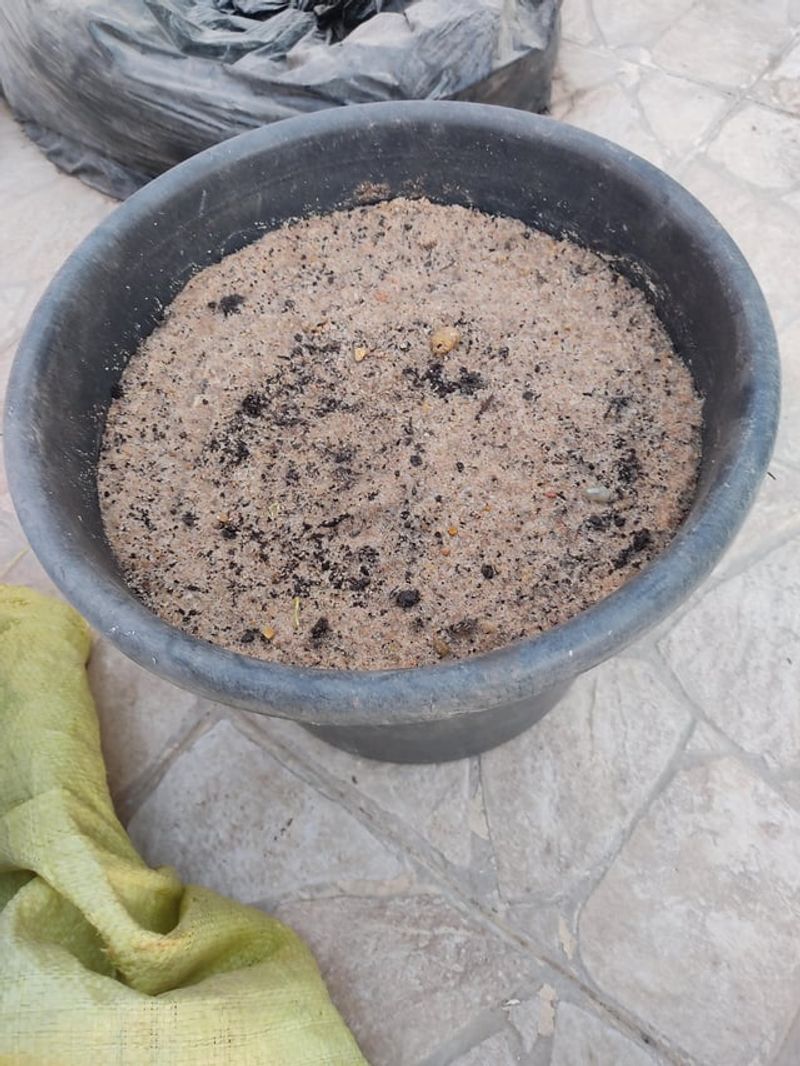
Bokashi isn’t traditional composting but rather a fermentation process that breaks down all food waste—even meat and dairy—without offensive odors. The anaerobic system uses beneficial microbes to pickle your scraps before they become soil.
After moving to a downtown Chicago apartment with only a tiny balcony, I switched to this method. The process creates a sweet, pickled smell rather than rot, and the fermented material breaks down incredibly fast when buried in container gardens.
For Illinois gardeners dealing with limited outdoor access during harsh winters, Bokashi offers year-round processing that works entirely indoors until the final burial stage.
5. Set Up A Worm Bin Under Your Sink
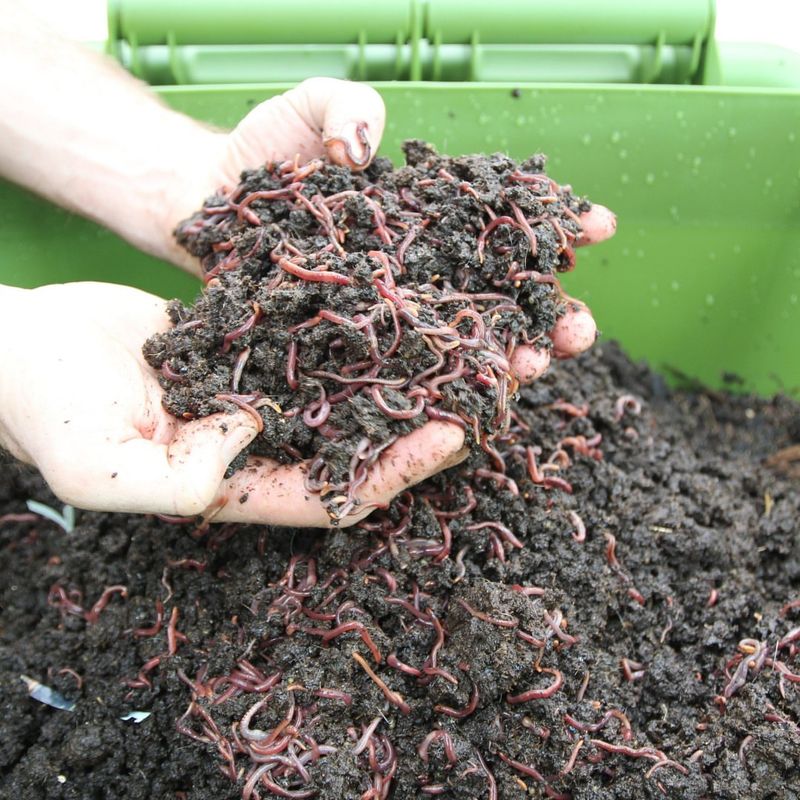
Vermicomposting—using worms to process food scraps—creates rich compost with virtually no smell when managed properly. Red wigglers thrive in temperatures between 55-75°F, making them perfect for indoor Illinois composting year-round.
My worm bin lives under the kitchen sink in my Springfield apartment, converting coffee grounds and vegetable peels into black gold for my houseplants and container garden. The worms work silently, creating no odor when the bin has proper moisture and airflow.
During Illinois winter months, your indoor worms will continue working while outdoor composting slows to a crawl in the freezing temperatures. Just avoid overfeeding them, which is the main cause of any potential smell.
6. Add Crushed Eggshells And Coffee Grounds
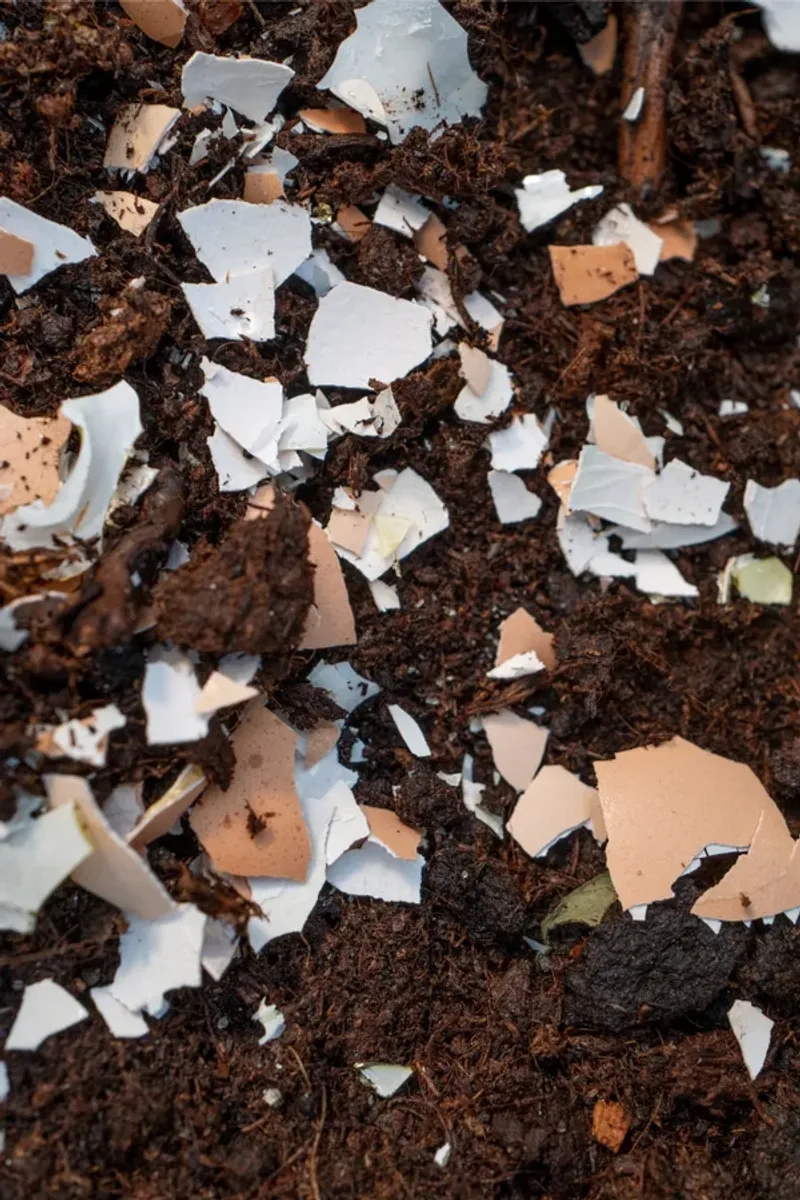
Eggshells and coffee grounds serve double duty in small-space composting—they neutralize acidic odors while adding valuable calcium and nitrogen. Crushing eggshells finely helps them break down faster and increases their odor-absorbing surface area.
Living near Lake Michigan, I’ve noticed our water has higher pH levels, so adding coffee grounds helps balance my compost’s acidity. The grounds also absorb odors similar to activated charcoal while providing nutrients Illinois plants crave.
Many neighborhood cafés throughout Illinois cities like Champaign-Urbana and Peoria offer free used coffee grounds—just bring your own container and add this nitrogen-rich material to your compost system.
7. Maintain Proper Airflow Without Taking Up Space
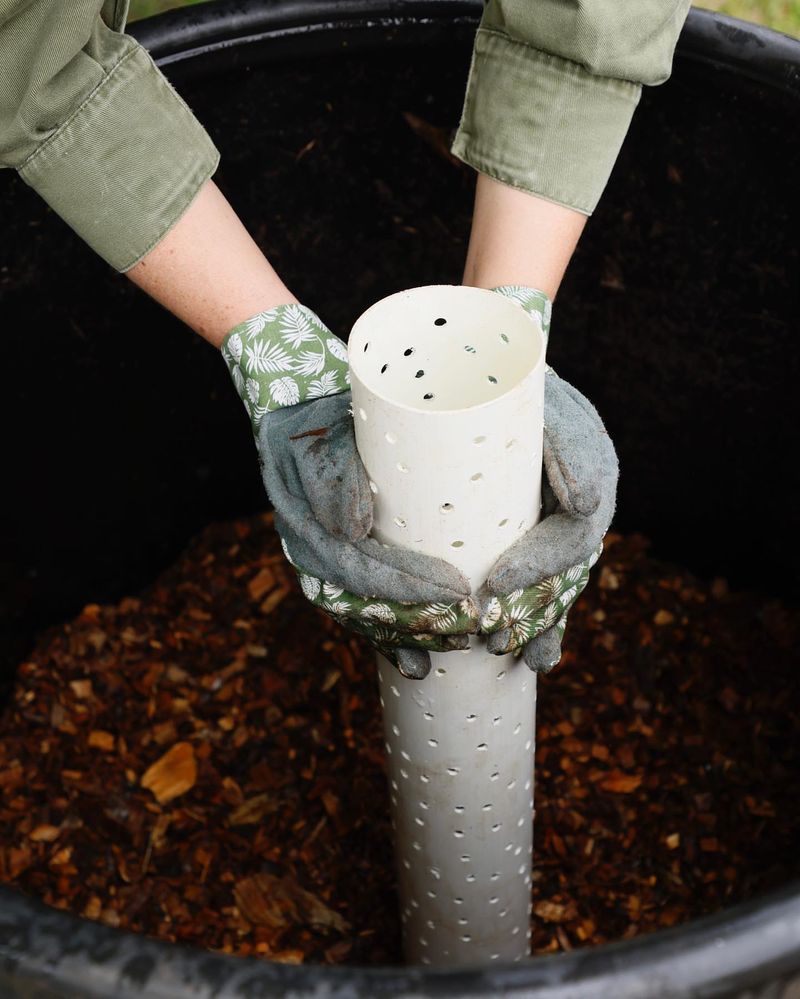
Stagnant, oxygen-deprived compost develops anaerobic bacteria that create sulfurous, rotten-egg smells. Even in tiny Illinois apartments, you can ensure proper aeration without making a mess or taking up extra room.
For my balcony bin in downtown Rockford, I use a compost aerator tool that looks like a corkscrew to create air channels without turning the entire pile. This prevents odors while accelerating decomposition, even during muggy Illinois summer days.
Another space-saving trick: layering small twigs or bamboo skewers throughout your bin creates permanent air passages. This passive aeration system works wonderfully in compact spaces where traditional turning isn’t practical.
8. Use Activated Charcoal Filters For Odor-Free Illinois Composting
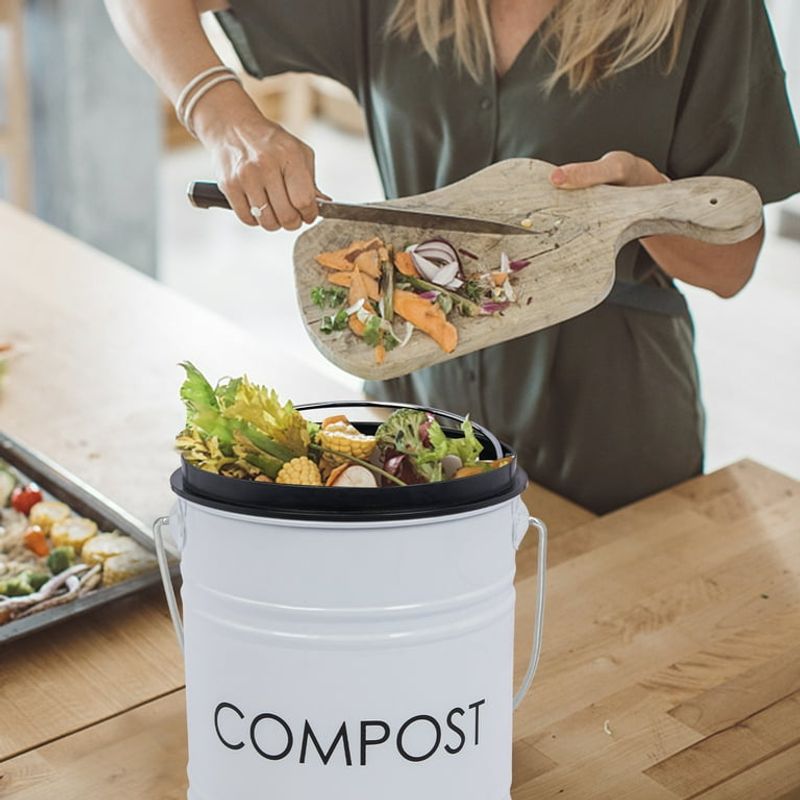
Activated charcoal is the secret weapon for Illinois composters dealing with limited space. These powerful filters naturally absorb odors without chemicals, making them perfect for our humid summers when decomposition speeds up.
Place a thin layer of activated charcoal at the bottom of your composting container and another on top of your compost material. The charcoal traps smelly gases before they escape into your home. Replace filters every few weeks for continuous odor protection.
For Illinois winters, keep your compost bin in a warmer area of your home with charcoal filters to maintain decomposition while controlling any potential smells. The bonus? When spent, these filters can be tossed right into your compost!

